At 92 million, millennials currently occupy the generational hot-seat. According to Forbes, millennials are set to make-up 46 percent of the work force by the year 2020 and have easily overtaken the “Baby Boomers” as the largest generation alive.
It’s easy to see how this generation of young people may be solely responsible for sparking a long-awaited revolution within the music industry.
Combining the convenience of mobile apps and millennials’ hunger for musical diversity, those born in 1980 to 2000 have inadvertently pledged an alliance to streaming services.
Experts claim millennials are more invested in music than any other generation, boasting an impressive average number of hours spent consuming music which more than doubles that of their predecessors. Of the average three and a half hours per day millennials devote to listening, more than half are spent on streaming services such as Spotify, SoundCloud, Tidal and Apple Music.
Considering 75 percent of all streaming users proudly belong to the millennial generation, it comes as no surprise that the majority of brands such as Spotify, SoundCloud, Tidal and Apple Music now offer discounted student rates for their respective service subscriptions.
Many researchers have linked this recession to millennial’s lack of devotion to any one particular artist, excluding the likes of Justin Bieber and Taylor Swift and their more-for-less spending habits.
Although physical record sales are on the decline, millennial spending at concerts and festivals is on the rise with roughly 50 percent of all festival-goers being millennials.
Aside from social media, these millennial hot-spots are a trusted source for any young person to develop their go-to playlist. Marketing gurus have found strong correlations between successful festival performances and spikes in both physical and digital album sales among millennials.
As millennials’ come of age and technology continues to expand, these trends resulting in digital music dominance are sure to continue long into the future.
Although not all of the drastic hedge-cutting and flower-planting within the industry landscape has been widely welcomed, few would argue against music’s historic popularity and prestige in consumer markets today. Next time you see a millennial, gently remove the headphones from their ears and thank them for their contributions to music’s unrivaled ascendancy.
Rylee Pedotti can be reached at [email protected] or @theorion_news on Twitter.
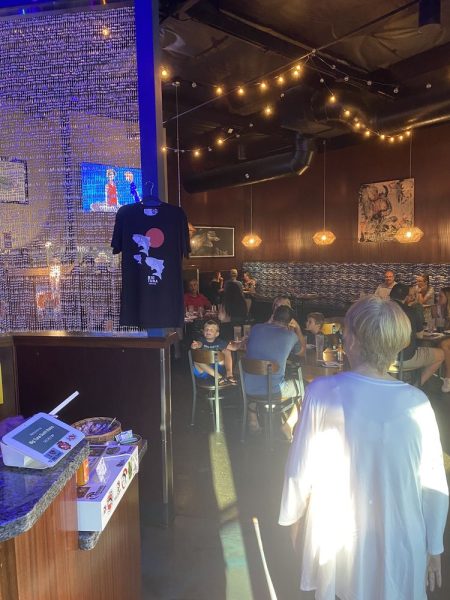



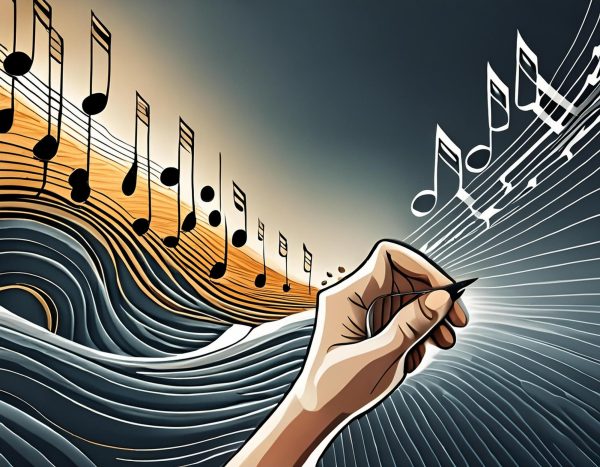



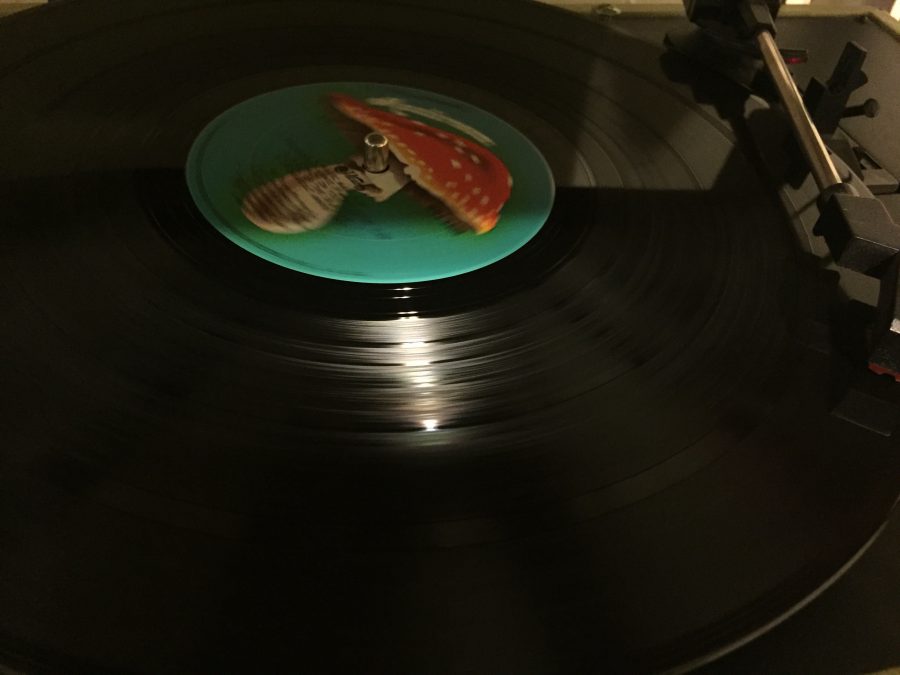
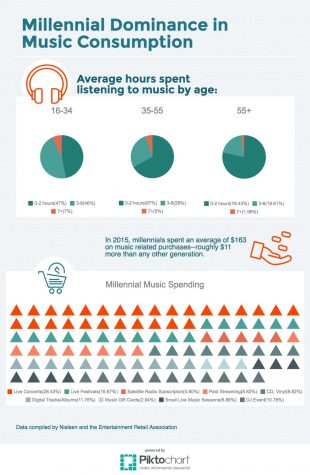
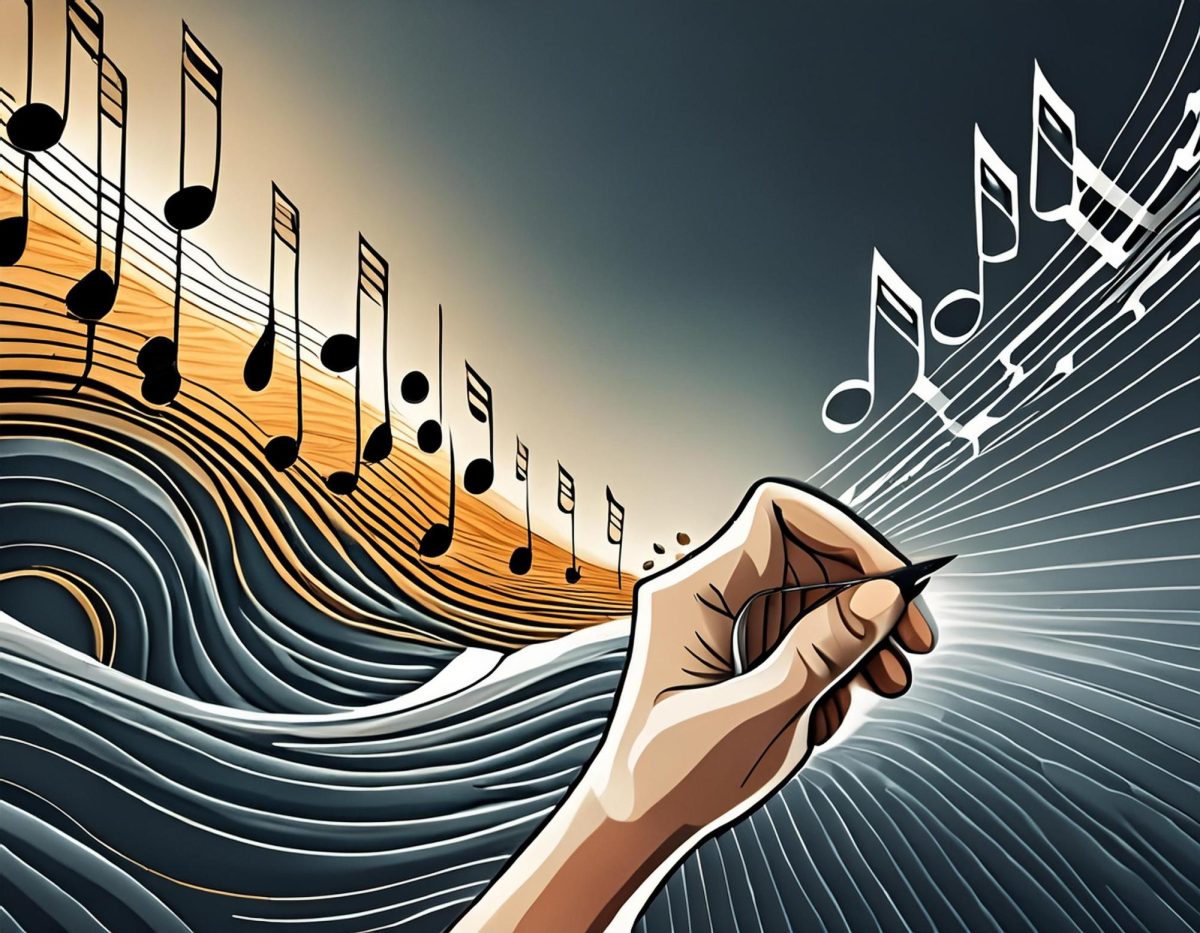



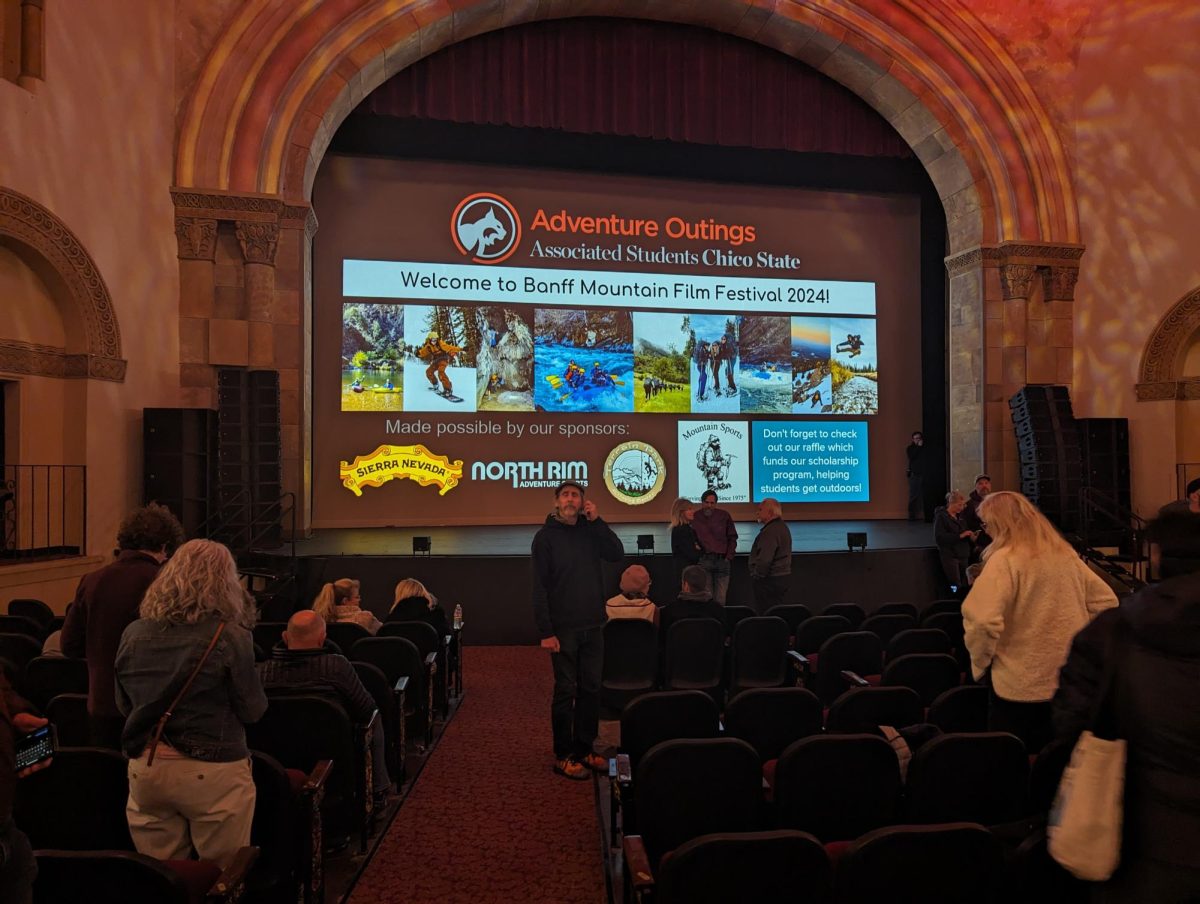
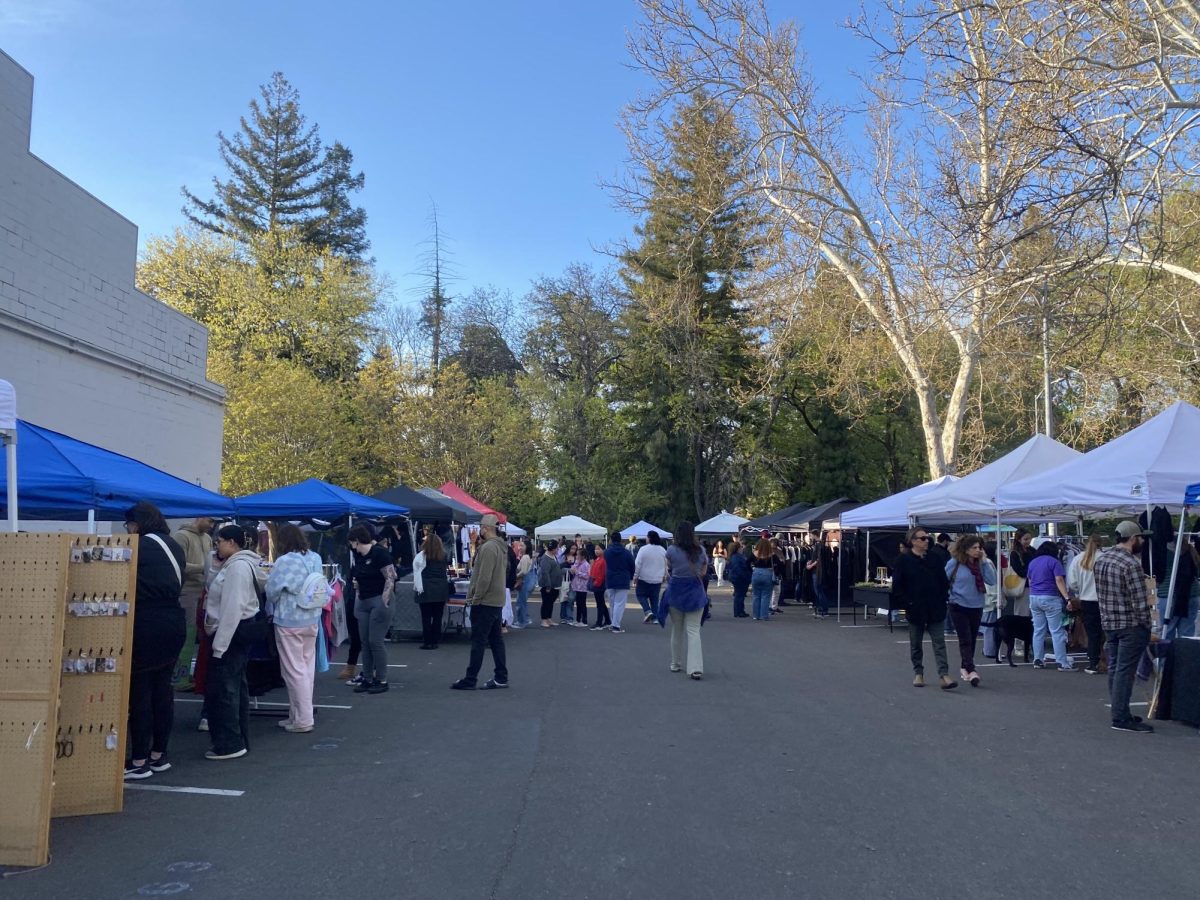
Mukelani Mkhonza // Sep 28, 2016 at 10:38 am
They must pay song writers or pay something to borrow our music specialy this companies e.g. like SoundCloud
Sam Wilson // Aug 30, 2016 at 2:57 pm
Wow you celebrate millennial’s in their achievement of listing to music more than their predecessors, remember in the past people would actually buy music, which helped finance songwriters, pay their bills house payments etc., so they could spend their time writing new songs for people to listen too. But now music streaming sites like Spotify and SoundCloud pack their music library with songs by artist and song writers like me without their permission. Leaving it up to me to request they take down my song. Sometimes they do and reposted the decks day. Sometimes they don’t bother at all. Knowing my next step would have to be legal action, which requires money that I don’t have because they’re using my songs for free without my permission. So while the millennial’s are enjoying all this music on streaming sites that are charging them rates for listing to the music, they don’t consider for even a second that maybe the music there listening to has been stolen from songwriters . Even if they did understand this I’m not sure in this day anyone would care, except of course the song writers who financially eat it. And i’m ranting, because I doubt very much if you ever print my statement for anyone to read. Now I write songs and I’m very careful to make sure no one is standing by with a cell phone to record it when I played in fear that they made dump it on to their YouTube site Facebook Spotify or or sound cloud without my permission where they will play it over and over without my permission making money off of it and leaving my family in the cold. I have come up with the name. And official title for the millennial’s, “unintentional thieves”. But as for YouTube Facebook Spotify and sound cloud and other streaming sites such as theirs is just downright thievery. Of course this is just my opinion but considering I’m a songwriter I think my opinion counts . Sincerely Sam Wilson .